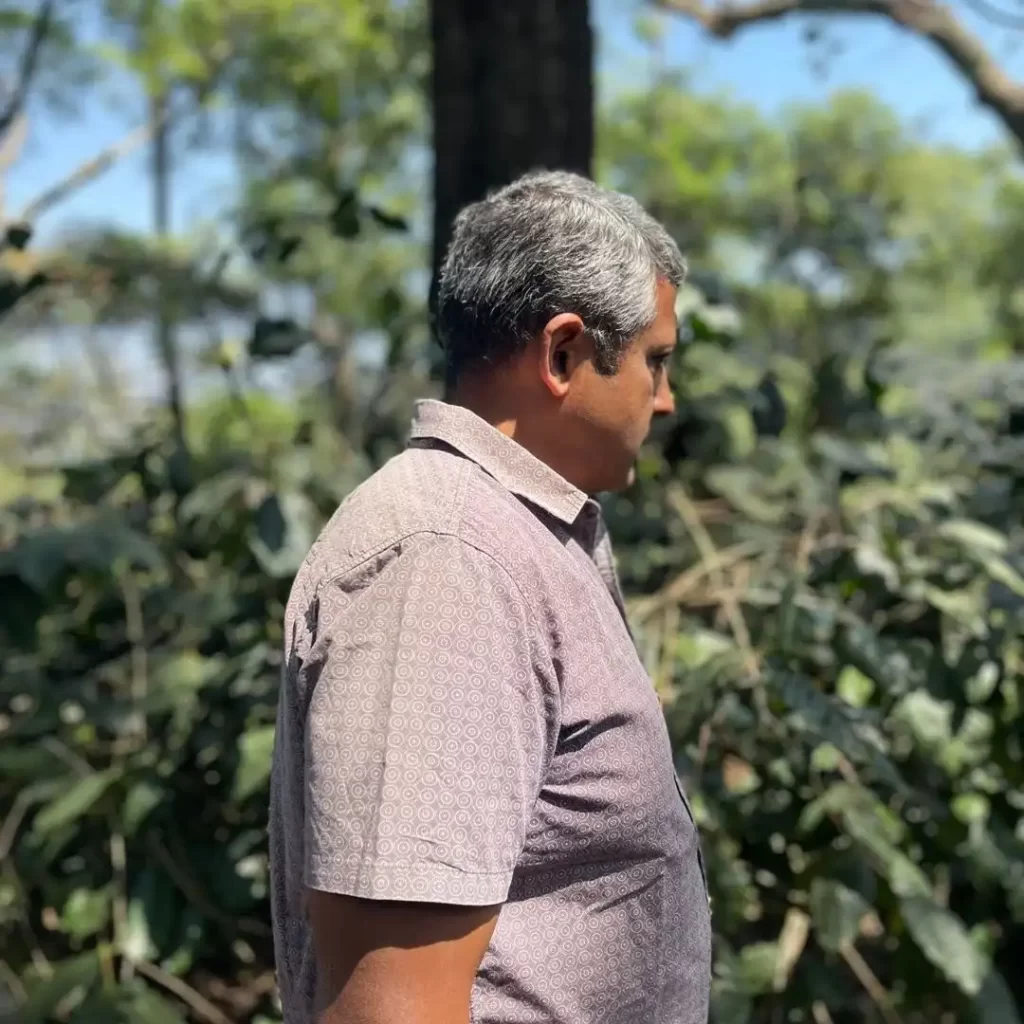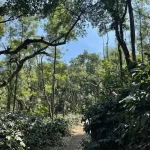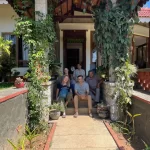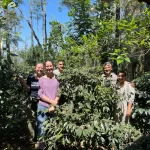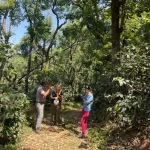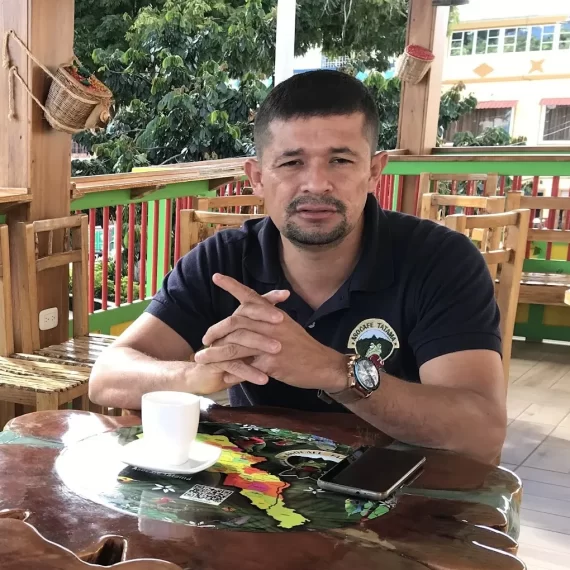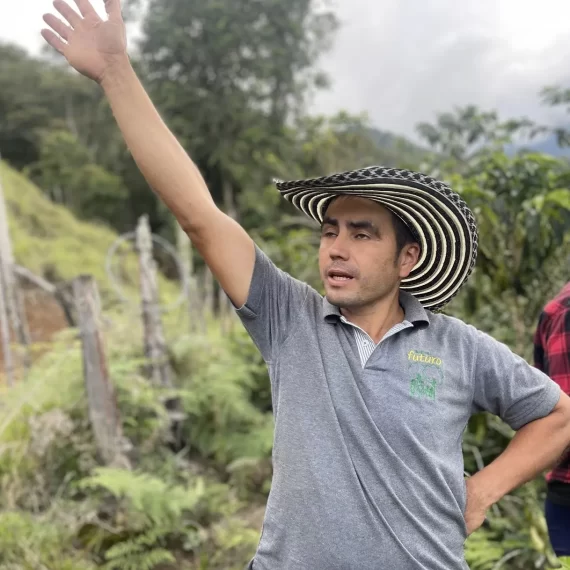All the varieties offered by the KaadKaapi farmers regardless of the location of their farm are 100% arabicas. But maybe to make it easier to understand the potential of those, not so well known cultivars, it is good to see what the letters and numbers in their names stand for.
Both lots from Hulikere Farm are of the variety S795.
S795 – One of the most popular Arabica selections released in India during the 1940s with high yields, bold beans, superior quality and relative tolerance to leaf rust. This selection was developed using ‘Kents’ Arabica, known for its high quality. Even today, the S795 is a favorite with the planters and is a widely cultivated Arabica variety. This is also known as ‘Jember’ in Indonesia.



